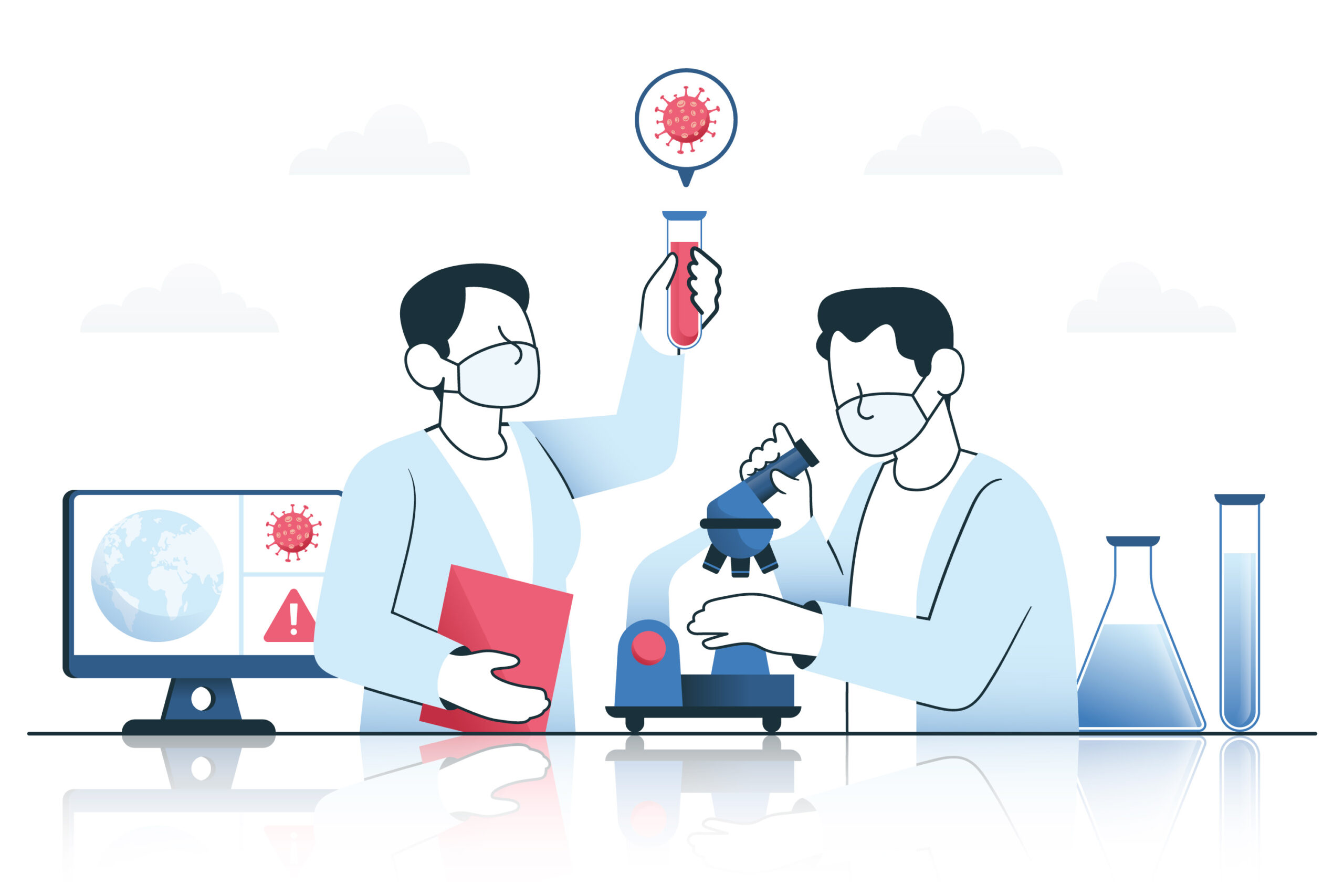
Pharma QA Interview Questions
- What is the difference between Quality Assurance (QA) and Quality Control (QC)?
- Answer: QA focuses on ensuring the quality of the process used to create the product, encompassing activities like process checks, audits, and documentation. QC, on the other hand, involves the actual testing and inspection of the final product to ensure it meets the required standards.
- What are Good Manufacturing Practices (GMP)?
- Answer: GMP refers to the practices required to conform to guidelines recommended by agencies that control the authorization and licensing of the manufacture and sale of food, drug products, and active pharmaceutical products. These guidelines ensure that products are consistently produced and controlled to quality standards.
- How do you handle deviations in a manufacturing process?
- Answer: Deviations are handled by first documenting the deviation and then investigating its cause. A root cause analysis is conducted, and corrective and preventive actions (CAPA) are implemented to prevent recurrence. The entire process is documented for review and compliance.
- What is a Quality Management System (QMS)?
- Answer: A QMS is a formalized system that documents processes, procedures, and responsibilities for achieving quality policies and objectives. It helps coordinate and direct an organization’s activities to meet customer and regulatory requirements and improve its effectiveness and efficiency.
- Can you explain the term ‘CAPA’ and its importance?
- Answer: CAPA stands for Corrective and Preventive Action. It is a concept within good manufacturing practice (GMP) that focuses on the systematic investigation of the root causes of identified problems or risks. CAPA is essential for improving processes, ensuring product quality, and maintaining compliance with regulatory standards.
Pharma QC Interview Questions
- What is the role of Quality Control (QC) in pharmaceuticals?
- Answer: QC ensures that pharmaceutical products meet specified standards of quality and safety. This involves testing raw materials, in-process materials, and finished products to detect and eliminate errors, ensuring the product is safe for consumption.
- What types of tests are performed in QC?
- Answer: Common tests in QC include physical testing (e.g., hardness, friability, and dissolution), chemical testing (e.g., assay, impurities, and stability testing), and microbiological testing (e.g., sterility, microbial limit tests).
- What is the importance of the validation process in QC?
- Answer: Validation ensures that a process, method, or system consistently produces results that meet predetermined criteria. It is crucial for maintaining quality, consistency, and compliance with regulatory standards.
- How do you ensure the accuracy and reliability of QC test results?
- Answer: Accuracy and reliability are ensured by following validated methods and standard operating procedures (SOPs), calibrating instruments regularly, conducting proficiency testing, and performing routine maintenance on equipment.
- Can you explain the term ‘out of specification’ (OOS)?
- Answer: OOS refers to a test result that falls outside the established acceptance criteria. When an OOS result occurs, a thorough investigation is conducted to identify the cause and determine whether it is an isolated incident or a systemic issue, followed by appropriate corrective actions.
General Questions for Both QA and QC
- How do you stay updated with regulatory guidelines and industry standards?
- Answer: Staying updated involves regularly reviewing industry publications, attending professional conferences, participating in training sessions, and being part of professional organizations. Subscribing to newsletters from regulatory bodies like the FDA, EMA, or WHO also helps.
- What experience do you have with documentation and record-keeping?
- Answer: Proper documentation and record-keeping are critical in QA/QC to ensure traceability, compliance, and data integrity. My experience includes maintaining batch records, test reports, CAPA documentation, and audit trails.
- Describe a challenging QA/QC issue you faced and how you resolved it.
- Answer: Provide a specific example from your experience, detailing the problem, your approach to investigating and analyzing the issue, the corrective actions you implemented, and the outcome.
- How do you manage tight deadlines and high-pressure situations in QA/QC?
- Answer: Effective time management, prioritizing tasks, clear communication with the team, and maintaining a calm, focused approach are key strategies. It’s also important to ensure that quality and compliance are not compromised despite the pressure.
These questions and answers should help you prepare for a QA/QC interview in the pharmaceutical industry. Good luck!















